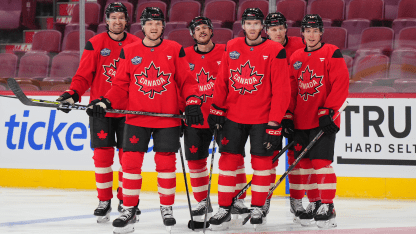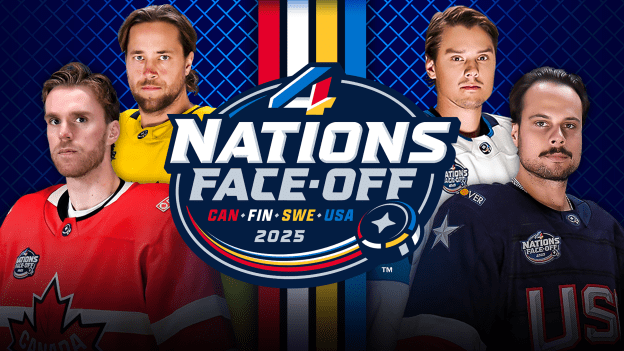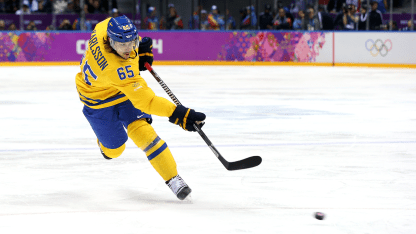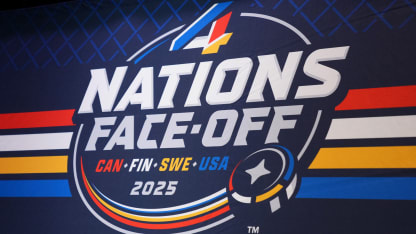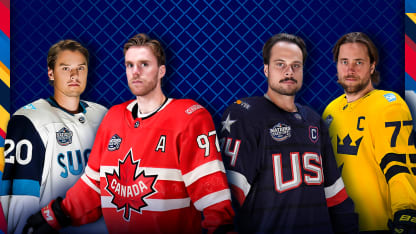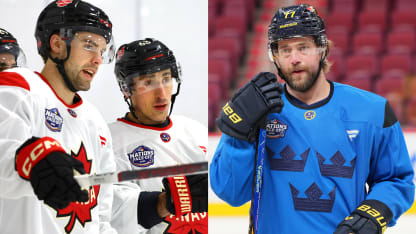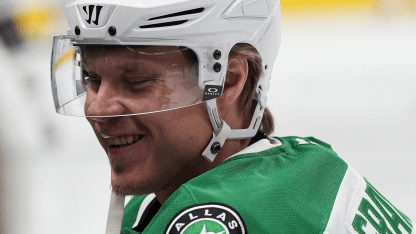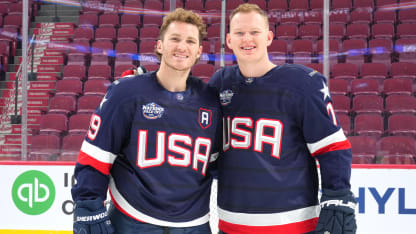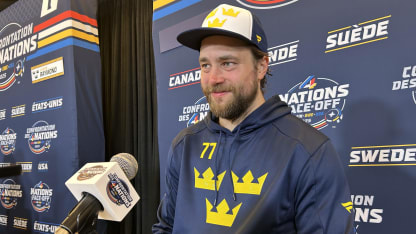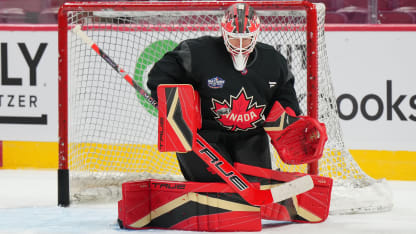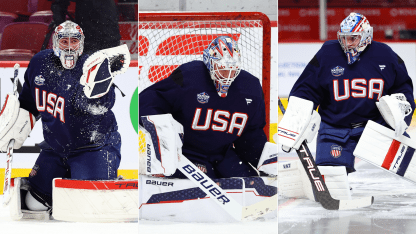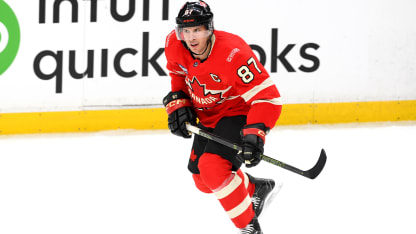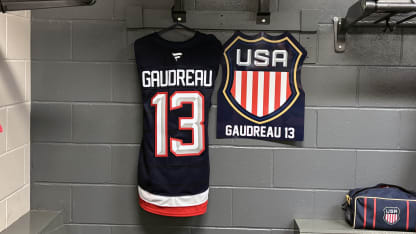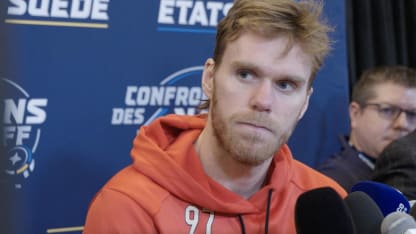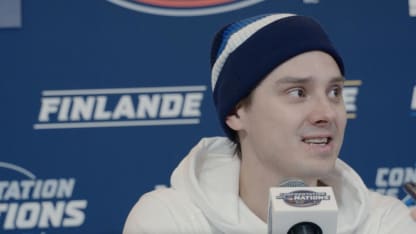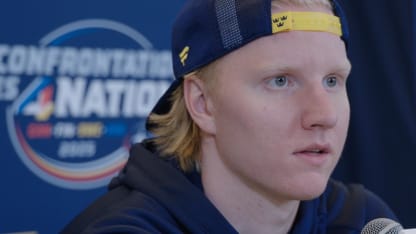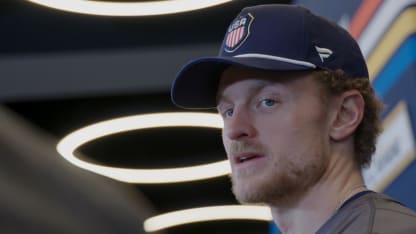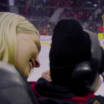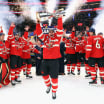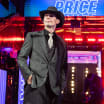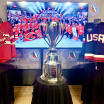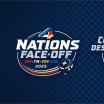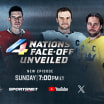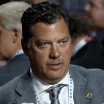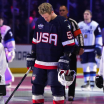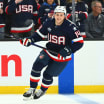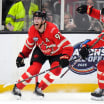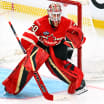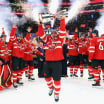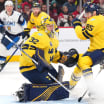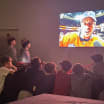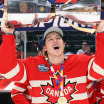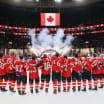MONTREAL -- Mark Stone was playing for the Binghamton Senators 11 years ago when the NHL season paused for the 2014 Sochi Olympics.
"So, no, I don't think I was on the radar for that tournament," the Canadian forward said while laughing.
He is on Canada's radar for the 2026 Milano Cortina Olympics, which begin one year from Tuesday, on Feb. 11, 2026, and that alone will influence Stone and everyone else competing for their respective countries at the 4 Nations Face-Off.
"You'd be lying to yourself if you didn't want to play really well at this tournament to have your name stay on the radar for the Olympics," Stone said. "I've been fortunate enough to play with some Olympians in my day whether it was (Erik) Karlsson representing Sweden and (Alex) Pietrangelo representing Canada, and they talk about how it's a special event. They speak so highly of it. I want to do everything I can to make that team in 2026."
The 4 Nations Face-Off is here and now, the first best-on-best competition since the World Cup of Hockey 2016, the tournament Canada, Sweden, Finland and the United States want to win for national pride, for international supremacy, for bragging rights.
It begins Wednesday, when Canada plays Sweden at Bell Centre (8 p.m. ET; MAX, truTV, TNT, SN, TVAS). It continues until the championship game at TD Garden in Boston on Feb. 20.
Not a single player, coach or executive here is looking past what is right in front of them, but everyone knows what is coming up next year, when the NHL returns to the Olympics for the first time since 2014.
Everyone here knows that what happens in the next nine days could influence who gets to play in Italy one year from now.
"This tournament is great; I get the opportunity to go out there and prove myself potentially for that tournament," Canada forward Brandon Hagel said. "I mean, listen, there's 23 of us that get the opportunity to prove yourself for that. That might mean nothing, but it could mean something."
That "something" means everything to the players here who have never experienced a best-on-best tournament, and even to those who have.
"I was part of the World Cup in Toronto (in 2016) and that was a fun tournament, it was great, but there was nothing like what's next," Sweden defenseman Mattias Ekholm said. "Here, it's pretty clear. Next year is Olympics and it's go time. Not saying this tournament isn't. It's for sure going to be. But next year, you might be playing for a gold medal. It raises the intensity and urgency of wanting to win and wanting to obviously show your national team coaches and everyone that you belong."
